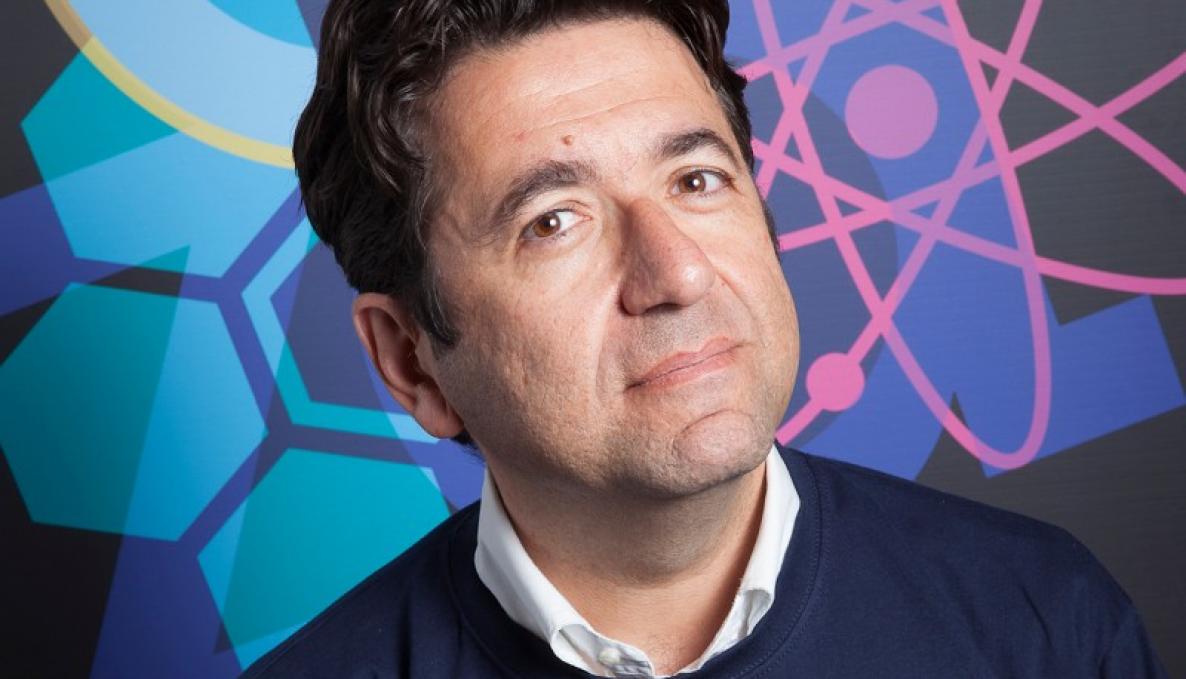FRONTIERS IN NEUROENGINEERING AND THE PROSTHESES OF THE FUTURE “WITH A HUMAN TOUCH”: SILVESTRO MICERA PARTICIPATES IN THE IBSA FOUNDATION FORUM IN GENEVA

The prostheses of the future, “with a human touch”, and which are more and more like human limbs, will be presented on September 9th at the Campus Biotech in Geneva. The prostheses will be able to greatly improve the quality of life for millions of patients and to develop new therapies based on brain stimulation that could cure many common diseases such as diabetes, obesity, infertility and cancer.
The IBSA foundation for scientific research organizes in Geneva the forum “New technologies to treat neurodisorders: neuroprosthetics”. The conference gathers worldwide experts, scientists and students as international speakers who include professor Silvestro Micera, bioengineer and neuroscientist at the Sant’Anna School BioRobotics Institute and Epfl in Lausanne.
“The prostheses represent the culmination of years of research - declares Silvestro Micera, professor at the Institute of Biorobotics of Sant'Anna School in Pisa and director of Translational Neural Engineering units at the Federal Institute of Technology, Lausanne (EPFL) - since today the neurotechnologies may offer important benefits to a significant number of patients. For example, we can help people with neurological disabilities such as stroke, Parkinson's disease, spinal cord injuries, amputations and limited use of their hands. For these patients, we are developing a prosthetic hand re-creating the natural dexterous hand able to perform delicate movements with a great tactile sensitivity. The challenge of the future is whether it can deliver rich and natural sensations to patients with this type of disability, and whether it facilitates the so-called "embodiment", that is, a better control of the limbs discerning different textures of the objects. So to allow patients to control the prosthesis and restore the ability to perform daily activities after a serious illness or perhaps after an accident ".
The Geneva Forum will also be an opportunity for discussion in the multidisciplinary field of bioelectronic medicine. "It becomes increasingly clear that the onset of diseases such as diabetes is related also to the malfunctioning of the autonomic nervous system", adds Silvestro Micera, who emphasizes that "the development of devices capable of reactivating ordinary functions could reverse the disease. In the coming years, pioneering devices will be developed. They will operate through the electrical stimulation acting directly on the autonomic nervous system and then the mechanisms that control our organs”.



